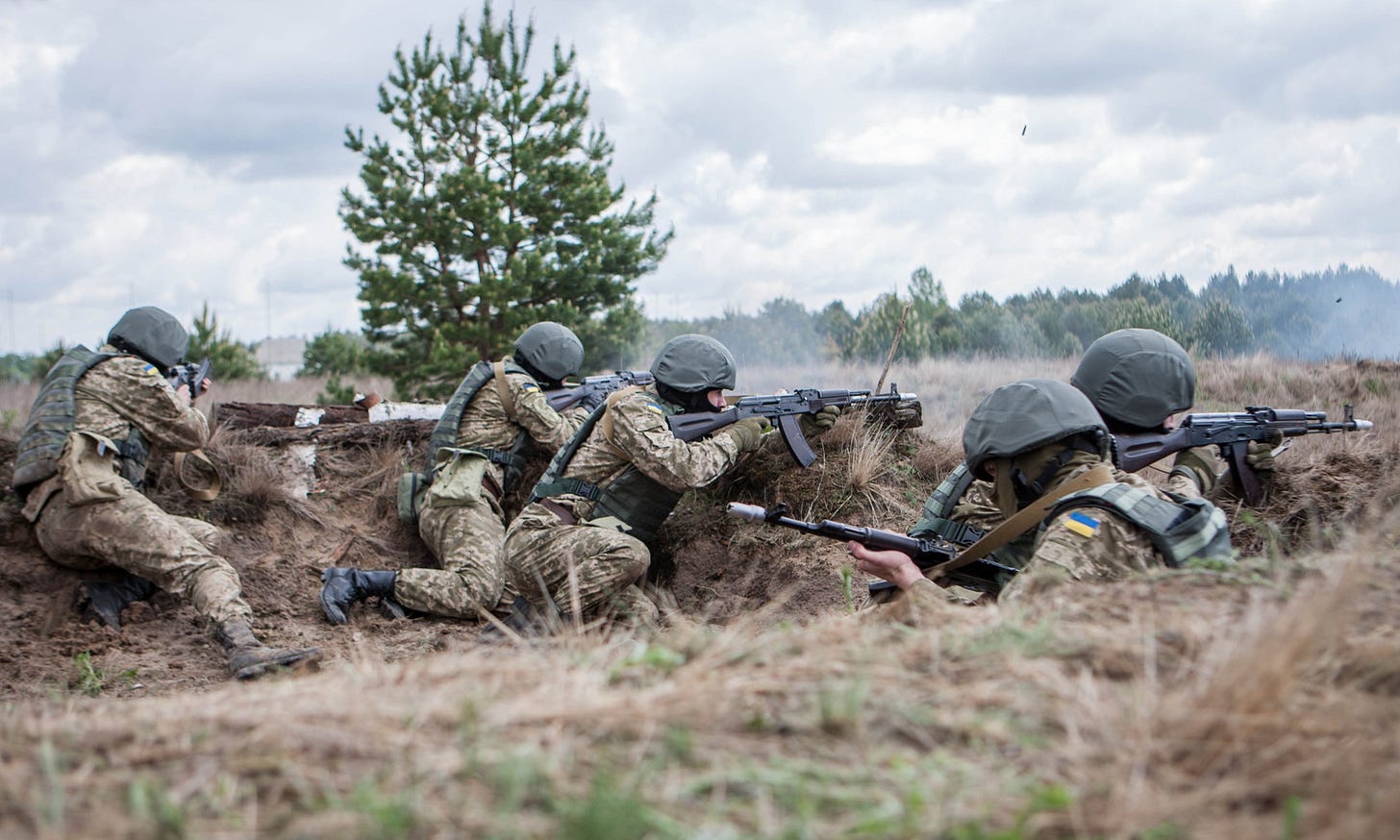Nothing like a war to learn us that our human nature is composed by the extremes. The idea that life is everything and nothing at the same time is not easy to deal with. It only takes a shrapnel on the wrong place of the body and everything goes away, all our projects, our history of life, our dreams, our meaning to other people. All our reflections about what is life, what means a life.
Escaping from this same killing shrapnel raises, by this way, a sense of ressurection in every possible matter. Nothing more complex and more beautiful than a life of a person. Despite not being too religious, now I can understand much better why most creeds relate their believers as brothers. That must be because we are precisely the same on our extreme fragility and our extreme strength, the most basic attributes we carry as humans.
This strength is something that only a living human being can express. It is declared, of course, on our intelligence, science, and curiosity, but I believe it belongs specially to the fact we are extremely adaptable to the worst of circumstances, survive, and acquire knowlege that will help us to be better persons.
The most important of all, however, is that our strength, if individually taken, has a clear limit, so it's mandatory to see ourselves always as a part of a society and never detached from that. In our current times, it's so easy to think on our community and our nation as something secoundary if compared to ourselves and even our family alone, but that's wrong because it's simply unnatural.
In a front of battle, one is nothing without the mates. A wounded soldier is nothing without the medical teams that many times risk their own lives to rescue those unfortunate volunteers. A team must work together all the times. Every life depends of each other's life. It seems so trivial, but a life at stake is obliged to take that for granted without further ellaborations.
What would become of our civilization without organizing ourselves in communities? The theory that the human being is nothing without the peers also applies to peacetime.
At the same time war made me somewhat more crude, more practical, and less of a "dreamer," I think it's also turning me into a better person by understanding that every single human is a component of a broader body of life, a collective body, which every one of these components are entitled by means of nature to their own share of respect.
And of course, it's a crucial to fight to ensure, from the others, the respect for ourselves. This is not an option, but a duty. I think this is what we are doing in Ukraine now by defending our nation, and that's what brings us close to so many other movements around the world like the LGBTQ+ and the Black Lives Matter for example.
Every life matters. We cannot afford to lose a single life.






I read Rose’s comment following Dr Snyder’s second lecture, saw she had connected to you and so read what you had written. What you were thinking about due to your fighting experience was so intensely real.
I’m miles away in Aotearoa New Zealand where I grew up, but was born late 1944 in London. My father was an NZ soldier who had been in the allied forces in North Africa for 4 years. I’ve always thought about and read about how people face such circumstances.
You saying about your community, your group, is so exactly how my father saw life. He would never let people down when he was needed. You are all so brave, so amazing and fighting a wonderful fight. All my best wishes to you and all Ukrainians
Hello, Mr Kravchuk! You liked my comment on today's post by Timothy Snyder (Lecture 2, The Making of Modern Ukraine), so I decided to click on your picture to find out who you are. I read this post, then decided to subscribe. In this essay you point out something I think about a lot: that, as the poet Rainer Maria Rilke writes, we live once and only once, no more. Every time I see a picture of a Ukrainian soldier who has been killed, every time I see a picture of a Ukrainian civilian who has been killed, I think of Rilke's words from the Ninth Elegy:
Aber weil Hiersein viel ist, und weil uns scheinbar
alles das Hiesige braucht, dieses Schwindende, das
seltsam uns angeht. Uns, die Schwindendsten. *Ein* Mal
jedes, nur *ein* Mal. Ein Mal und nichtmer. Und wir auch
*ein* Mal. Nie wieder. Aber dieses
*ein* Mal gewesen zu sein, wenn auch nur ein Mal:
*irdisch* gewesen zu sein, scheint nicht widerrufbar.
(But because *life* here compels us, and because everything here
seems to need us, all this fleetingness
that strangely entreats us. Us, the *most* fleeting . . .
*Once* for each thing, only once. Once and no more, And we, too,
only once. Never again. But to have been
*once,* even though only once:
this having been *earthly* seems lasting, beyond repeal.)
---Translated by Edward Snow
Every time a young Ukrainian is killed, whether child or adult, generations of Ukrainians have also been killed. When I saw the photographs of a newborn boy a few months ago, I thought, "His children, his grandchildren, his great-grandchildren, etc., have also been killed."
I will think about you every day, and I wish you the very best.